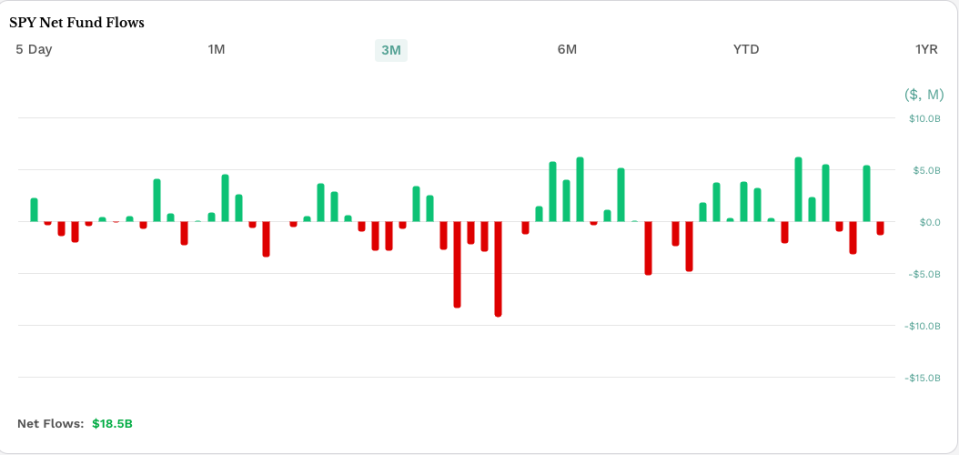Vanguard Warns Investors as U.S. Weighs Ownership Limits


Vanguard has warned investors that U.S. regulators could restrict its stakes in companies within certain sectors, forcing it to use workarounds that would incur additional cost and risk for some index funds.
The Pennsylvania-based manager filed disclosures across several funds with the Securities and Exchange Commission (SEC) to underline the possibility regulators could enforce caps on its physical equity ownership of individual banks and utilities on behalf of clients.
Despite ownership caps having been in place for decades through regulation such as the Public Utility Holding Company Act of 1935, regulators have allowed asset managers to exceed 10% ownership stakes provided they do not seek management roles.
However, the Federal Deposit Insurance Corporation (FDIC) said this month it is considering more stringent conditions on these waivers. Meanwhile, Republican state attorneys general have called on the Federal Energy Regulatory Commission (FERC) to review Vanguard’s large ownership stakes of listed utilities.
In the event an ownership cap is enforced in future, Vanguard and other giants such as BlackRock and State Street Global Advisors (SSGA) could be forced to offload physical equity in certain companies and rely on derivatives-based exposures.
In a statement, Vanguard said the new disclosures do not imply any imminent changes but are meant to educate investors on “the potential risks associated with ongoing discussions around regulatory ownership limitations.”
“The updated disclosures also make clear the potential negative consequences a loss of regulatory relief could have on fund expenses and performance as well as the potential tax consequences for investors,” it added.
“It is not always possible to secure relief and there is an increasing amount of uncertainty around how much ownership limitations relief regulators will grant to asset managers like Vanguard.”
Passive Ownership of S&P Companies Doubles
A trade body representing asset managers—the Investment Company Institute (ICI)—responded by accusing both major U.S. political parties of “headline-grabbing” and “making hay” from the idea that index fund has bloated ownership stakes.
It added the growth of funds has inspired the ‘common ownership’ theory, which has led to “abysmal policy proposals”.
“The theory claims that competitors in the same industry—airlines, for example—compete less vigorously with one another when a fund holds significant minority stakes in the largest companies.
“The theory is bunk and the policies it inspires risk harming tens of millions of American investors,” the ICI said.

These engagements between asset managers and regulators mark the latest development in the ongoing concerns surrounding the growth of passive ownership and its impact on corporate governance and market efficiency.
It comes after Bloomberg Intelligence data revealed that passive ownership of S&P 500 constituents doubled in the seven years to June 2022. Meanwhile, assets housed in passively managed U.S. domiciled funds surpassed their active peers for the first time in January.








